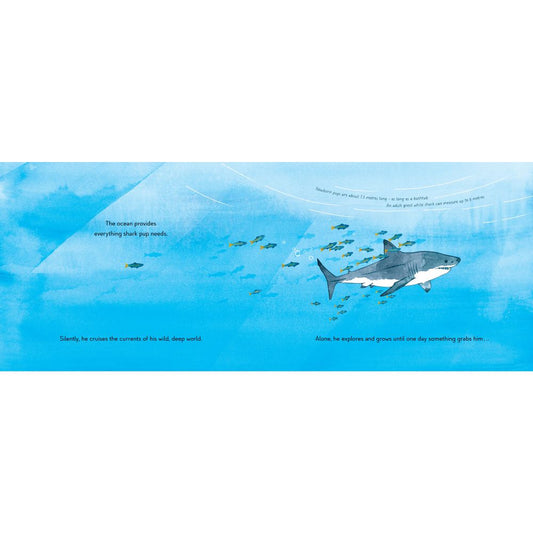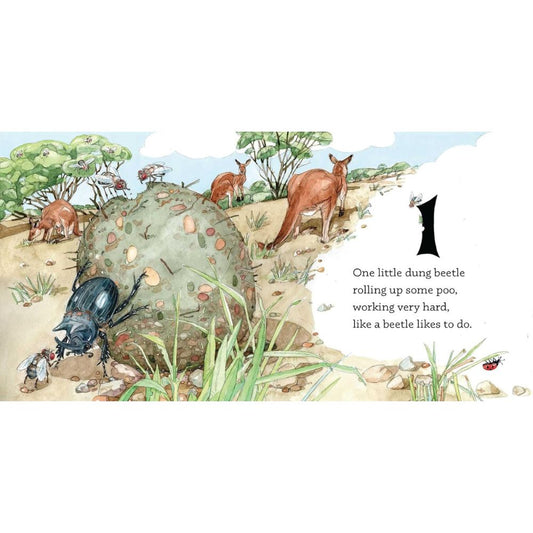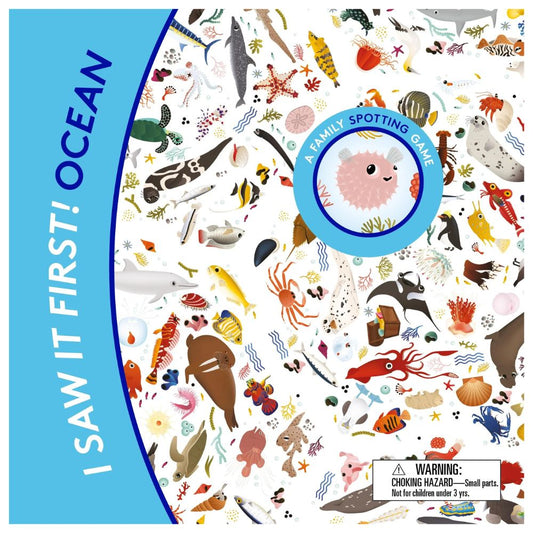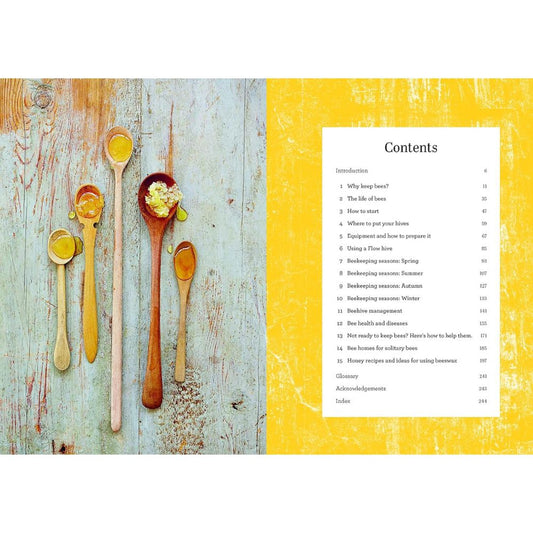
When mozzie season hits in Australia, the bites are itchy, annoying, can get infected, and even carry serious diseases. But the solution doesn’t have to come in the form of toxic smoke. If you’re looking for a safer, more natural repellent, Australian sandalwood has been used for generations as part of an effective mosquito protection routine
Just keep in mind: he best defence is layered! That means covering up with long, light coloured clothing, sleeping under a mosquito net, applying a topical mosquito repellent, and when you are outside, burning sandalwood sticks to create an aromatic barrier.
Here’s everything you need to know about how sandalwood deters mosquitoes, why Australian sandalwood is best, and how to use it safely.
First published February 2019. Updated November 2025.
In a nutshell – why sandalwood?
- Proven natural mosquito deterrent
- Contains no synthetic pesticides or petrochemical additives
- Available in safe-to-burn incense sticks
- Scent that calms and repels at the same time
- Ethically harvested from naturally fallen trees in Western Australia
How does sandalwood deter mosquitoes?
Burning sandalwood produces a unique woody aroma that repels mosquitoes and other biting insects. Studies have confirmed that the smoke from sandalwood-based coils can reduce mosquito landings and bites, especially when blended with essential oils like citronella and eucalyptus.
Unlike many synthetic repellents, sandalwood doesn’t rely on neurotoxic pesticides. Instead, its natural compounds work as aromatic deterrents that interrupt mosquitoes’ ability to find their targets. It's a traditional solution backed by modern science.
What’s actually in a sandalwood mosquito stick?
Not all mosquito products are created equal. Mainstream mosquito coils (think Mortein, RID, Coles-branded, Hovex) contain:
- Synthetic pyrethroids like d-allethrin, which is toxic to bees, aquatic life, and possibly humans over long-term inhalation
- Petroleum-derived dyes and chemical solvents
- Hidden fragrance ingredients under the guise of “trade secrets”
- Palm oil derivatives – contributing to deforestation
But Biome's New Mountain Sandalwood range is a whole different story. Their sticks are made with:
- 65% sandalwood powder (from naturally fallen Western Australian trees)
- 2% citronella oil
- 2% eucalyptus oil
- 31% Litsea sebifera powder (a natural adhesive from tree bark)
That’s it. No DEET. No solvents. No palm oil. No synthetics.
A brief history of sandalwood: from ritual to repellent
Sandalwood has been prized for thousands of years across cultures for its aromatic, spiritual, and therapeutic qualities. Burning the wood or distilling its oils wasn’t just about fragrance—it served practical and ceremonial roles
India & Southeast Asia: Indian sandalwood (Santalum album) has been used in Ayurveda for centuries as a cooling agent, in meditation rituals, and in incense burned during ceremonies.
East Asia: In China, Japan and Korea, sandalwood has long been a staple in temple incense. Its smoke is still used in religious rites, often linked to mindfulness and spiritual cleansing.
Africa (Madagascar): Locals in coastal Madagascar have used ground sandalwood or similar aromatic woods for “masonjoany”—a natural face paste that also served as a sun and insect barrier.
Australia: Aboriginal peoples have used Australian sandalwood (Santalum spicatum) for generations, burning it as part of traditional practices and to produce aromatic smoke that helps deter insects.
Two main types of sandalwood
There are two primary species used, one of which is a threatened species:
1. Indian Sandalwood (Santalum album)
Traditionally used in Ayurvedic medicine, it has a strong, sweet scent. However, overharvesting, illegal trade, and its slow growth (it takes 20–30 years to mature) have made this species threatened in the wild, particularly in India and Southeast Asia.
2. Australian Sandalwood (Santalum spicatum)
Native to the south-west of Western Australia, this species has been harvested under government regulation since the 1920s. It has a more subtle, earthy aroma and a long-standing history of sustainable management. Biome’s supplier, New Mountain, only uses naturally fallen trees collected from the desert floor. No trees are cut down, and more than 3.5 million seeds are planted annually to ensure the future of the species.
Why avoid mainstream mozzie coils?
Even though they’re legally allowed to be sold, most commercial mosquito coils aren’t safety-tested for home use. Here's what shocked us:
- The full ingredient list is often hidden or marked as a “trade secret”
- Ingredients like d-allethrin are flagged in safety data sheets as potentially carcinogenic
- Coils release ultrafine particles and volatile compounds you inhale – especially dangerous indoors
For the full breakdown, check out our separate exposé: The Hidden Dangers of Mosquito Coils.
Why is New Mountain sandalwood a good choice?
- Uses only naturally fallen Australian sandalwood (Santalum spicatum)
- Free from palm oil and petrochemicals
- Safe to burn outdoors and in well-ventilated spaces
- Handmade in Australia
- Smells calming and grounding – not harsh or chemical
How to Use Sandalwood Sticks
Safely & Effectively
- 🔥 Burn sticks in outdoor areas where mosquitoes are active
- 🛑 Always place them in a safe, heat-proof holder (that won't blow over)
- ➕ Use multiple sticks spaced apart for larger spaces
- 🚫 Avoid burning near infants, pregnant people, or in enclosed rooms
- 🧴 Combine with natural topical repellents, light-coloured clothing, and mosquito nets for best protection
How to make your own mosquito/incense stick holder
- 🏺 Sand-filled base: Use a ceramic mug, teacup, or wide glass jar filled with sand or gravel. Insert the stick upright.
- 🪴 Stick it in a pot plant: Nestle the base of the stick into damp soil in a large pot (away from leaves). Bonus: it helps deter bugs around your plants.
- 🪨 Mini brick: Lay the stick flat on a brick or tile, or drill a tiny hole to hold it upright. This makes a natural, heat-resistant base for outdoor use.
- 🥧 Baking dish + pebbles: Fill with small stones or gravel and lay the stick on top.
- 🪵 Terracotta plant saucer: Terracotta is naturally fire resistant. Add some clay or sand to help secure the stick in the centre.
FAQs about sandalwood & mosquito repellents
Q: Does sandalwood actually work?
Yes. Scientific studies and generations of use by Aboriginal Australians confirm its effectiveness. It’s especially effective when blended with other natural oils like citronella.
Q: Is it safe for pets and kids?
When used in open or well-ventilated areas, yes. Always supervise use and avoid enclosed spaces.
Q: What’s the difference between sandalwood and synthetic coils?
Synthetic coils often contain chemical insecticides, synthetic fragrances, and petroleum additives. Sandalwood coils rely purely on natural oils and wood powders.
Q: Is sandalwood sustainable?
The sandalwood used by New Mountain is sourced from naturally fallen trees. No deforestation. They replant millions of seeds annually to ensure long-term ecological health.
Q: Can I use sandalwood indoors?
We recommend only burning in outdoor or well-ventilated areas. Always follow safety instructions.
Shop natural protection
Explore our range of natural repellents that protect without polluting your lungs or the planet.
Related reads from Biome
How To Get Rid of Mosquitoes Naturally
Homemade Calamine Lotion Recipe to Soothe Bites
Make Your Own Soothing Bug Bite Powder
Best Natural Insect Repellents for Kids
Guide to Palm Oil Free Skincare




























